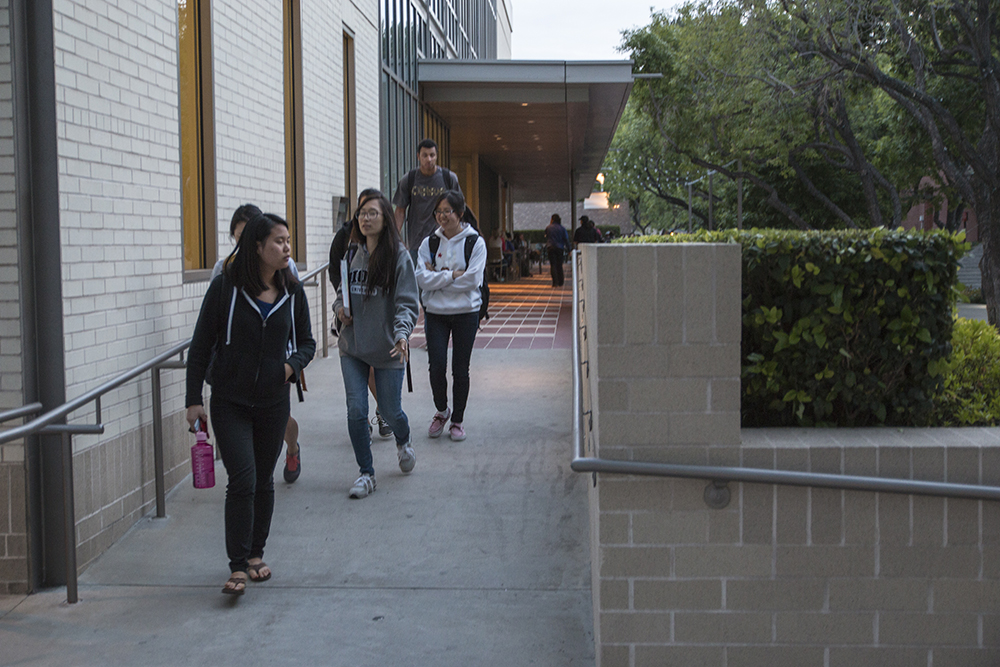Working alongside students with disabilities at Biola throughout the past year has opened my eyes to a community on campus whose struggles are largely passing under the radar.
These students live a different lifestyle than the “able-bodied/able-minded” community, having to gauge to a sharp degree everyday how they will manage the hectic lifestyle of a college student while simultaneously shouldering the burden of a physical or psychological barrier. These students are vulnerable, yet, in my opinion, the toughest community on campus.
I say they are tough because of the state of disability services at Biola. While the university meets various permissibility standards fulfilling state and federal laws, there is a sub-population of students with disabilities falling through the cracks of our universities’ safety net because we are not prioritizing their care and pursuing accommodation of their needs.
We cannot allow these laws to pacify our sense of urgency to lift up students with disabilities, but instead consider them to be the bare minimum.
APPROACHING ACCOMMODATION
The spirit of the American’s with Disabilities Act should transform the way we approach accommodation, and right now, there are students on our campus who are not well-served within the parameters of accommodation policies as they currently stand.
Due to self-advocacy policies requiring students with disabilities to doggedly pursue their own needs, they often deal with Biola’s disability services on a reactionary basis. Yes, self-advocacy is a powerful skill that must be developed, but realistically and in balance.
NOT SETTLING OF SUCCESS
Biola’s current disability services are not meant to be holistically provisional. The administrative capacity of disability services is commendable, and they have been creative and efficient with the resources thus provided by the administration. The success of their efforts is evident by the majority percentage of satisfied students, but we cannot settle on this success for long.
We have students with disabilities on this campus whose voices are not heard, and because of this, they do not get the accommodations they need. In order to ensure they receive the complete experience of a Biola education, a fresh route of communication and platform for these student’s voices must be created.
Tangible solutions are already developing in conversations sparking across campus, but we must continue to push the improvement of disability services into the forefront of both our administration and student body’s priorities.
SETTING A STANDARD
The benefits of providing these students with an equitably accessible Biola education and experience far outweighs the cost, time and effort of putting accommodations in place. Together, this community can set a standard for the care and inclusion of people with disabilities for peer universities, as well as members of the body of Christ to follow.
Let us not assume the experience of students with disabilities are unrelatable to the “able-bodied/able-minded” population. Suffering and struggle are universal, and we need to foster an honest dialogue at Biola where we can express our vulnerabilities, and find out how best to care for and accommodate one another, effectively lifting up weaker members in the body, our community.
This university can showcase the strength of its character and mission in the way we seek out those with needs of any kind, and pursue the best quality of life possible for all. Together, we must greet with expectancy those coming to Biola with needs, preparing in advance to welcome them into this community.







